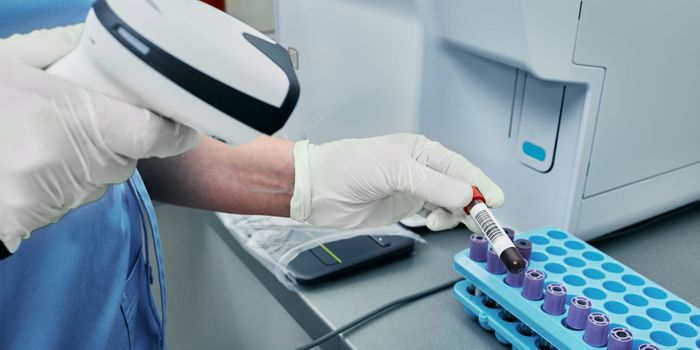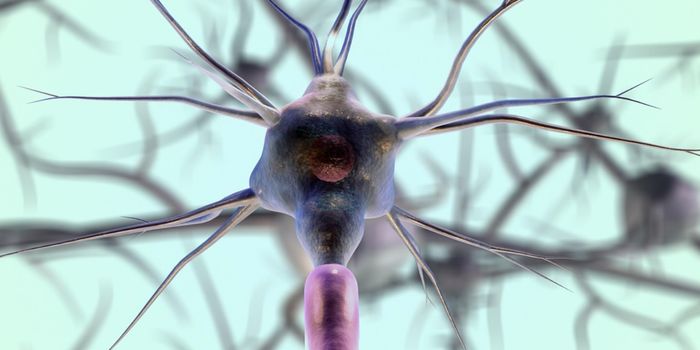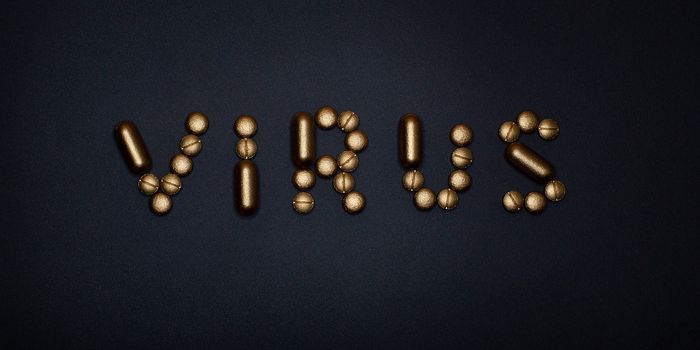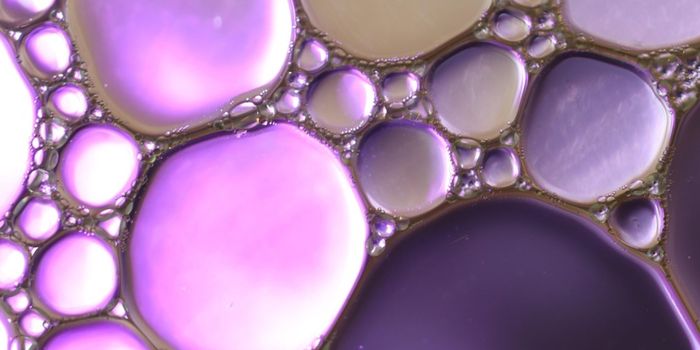Microbial Life Exploits the Unique Chemistry of a Volcanic Island
Researchers were able to take advantage of "an incredibly unique opportunity" to study the microbial life that rapidly colonized a short-lived island that formed in the South Pacific after a volcanic eruption. This work, reported in mBio, revealed a variety of unique microbes that could metabolize sulfur and gases in their local atmosphere, like the extremophile microbes that are sometimes found near hydrothermal vents or in hot springs. The lead author of a report on the findings, CIRES graduate student Nick Dragone noted that, "These types of volcanic eruptions happen all over the world, but they don't usually produce islands."
But in 2015, an eruption of a submarine volcano created the Hunga Tonga Hunga Ha'apai Island, which existed for seven years. The formation of the island is described in the NASA video below. During the island's lifetime, the study authors collected soil samples from the site and sent them off to the laboratory so that DNA in those samples could be extracted. By analyzing the genetic sequences, the scientists determined that some unusual bacteria were living on the island.
The investigators said they were surprised by the findings. Instead of revealing organisms that accompany the retreat of glaciers, or marine microbes like cyanobacteria, they found something else -- an unusual bunch of microbes that metabolize sulfur and atmospheric gases.
On January 15, 2022, the research team got another surprise; there was another eruption near the island, which destroyed the entire landmass in the 21st century's largest volcanic explosion (so far). Now, the site can't be monitored ever again.
"We were all expecting the island to stay," said Dragone. "In fact, the week before the island exploded we were starting to plan a return trip."
Luckily the team was able to make use of the island while it existed. "No one had ever comprehensively studied the microorganisms on this type of island system at such an early stage before," added Dragone.
The short life of the island, and its volcanic origins, fostered an unusual community of microbes, as well as an international group of researchers working together. Learning more about this unique type of microbial community can provide insights into how ecosystems might start to develop, even before organisms like plants or animals arrive on the scene, noted corresponding study author and CIRES fellow Noah Fierer, a professor of ecology and evolutionary biology at CU Boulder.
Sources: University of Colorado Boulder (CU Boulder) and Cooperative Institute for Research in Environmental Sciences (CIRES), mBio









